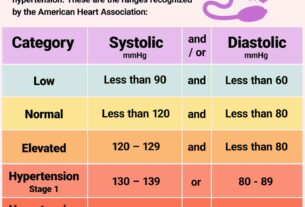Blood cancer, also known as hematologic cancer, affects the production and function of blood cells. It primarily begins in the bone marrow, where blood is produced, and involves abnormal growth of white blood cells, which impacts the body’s ability to fight infections. Understanding blood cancer is crucial for early detection and treatment.
Types of Blood Cancer
Blood cancer is categorized into three main types:
- Leukemia
- Affects the blood and bone marrow.
- Leads to the rapid production of abnormal white blood cells.
- Common in both children and adults.
- Lymphoma
- Targets the lymphatic system, which helps fight infections.
- Includes two types: Hodgkin’s lymphoma and non-Hodgkin’s lymphoma.
- Myeloma
- Affects plasma cells in the bone marrow.
- Impacts the immune system’s ability to fight infections.
Symptoms of Blood Cancer
The symptoms of blood cancer can vary depending on the type but commonly include:
- Persistent fatigue or weakness.
- Frequent infections.
- Unexplained weight loss.
- Easy bruising or bleeding.
- Swollen lymph nodes.
- Bone pain or tenderness.
Causes and Risk Factors
While the exact cause of blood cancer is not always clear, some factors may increase risk:
- Genetic predisposition.
- Exposure to high radiation or harmful chemicals.
- Weakened immune system.
- Age, with risk increasing as you grow older.
Diagnosis of Blood Cancer
Early diagnosis improves treatment outcomes. Common diagnostic methods include:
- Blood tests (e.g., complete blood count).
- Bone marrow biopsy.
- Imaging tests like CT scans or MRIs.
Treatment Options
Treatment depends on the type and stage of blood cancer and may include:
- Chemotherapy – Uses drugs to kill cancer cells.
- Radiation Therapy – Targets cancer cells with high-energy radiation.
- Stem Cell Transplant – Replaces damaged bone marrow with healthy cells.
- Targeted Therapy – Focuses on specific abnormalities in cancer cells.
Prevention and Lifestyle Tips
Although blood cancer cannot always be prevented, maintaining a healthy lifestyle can reduce risk:
- Avoid exposure to toxins.
- Practice a balanced diet with fruits and vegetables.
- Stay physically active.
- Regular health check-ups for early detection.
Final Thoughts
Blood cancer is a challenging condition, but advances in medical technology and research have significantly improved survival rates. If you or a loved one experiences persistent symptoms, consult a healthcare provider immediately.
For more informative health tips and solutions, explore our website. Together, we can create awareness and provide support to those battling this disease.
I




